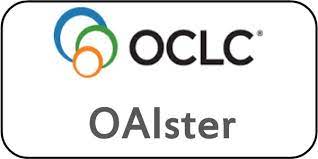Post-COVID Pediatric Budd-Chiari Syndrome
Keywords:
Budd-Chiari syndrome, pediatric BCS, COVID-19, TIPS,, DIPS, anticoagulation in childrenAbstract
Introduction: Budd-Chiari syndrome (BCS) is rare in children. Underlying etiologies, natural history and management differ in children and adults. Treatment options like liver transplantation and transjugular intrahepatic portosystemic shunt have also been less well-studied in children. Presented here is the case of a male child with BCS after coronavirus disease 2019 (COVID-19) infection. Case presentation: A 3-year-old male child presented with complaints of gradually increasing abdominal distension, constipation, decreased urine output, visible veins over abdomen and swelling in lower limbs and periorbital edema since last 15 days. He was diagnosed as BCS after multiple imaging investigations, including triple phase contrast-enhanced computed tomography (CECT) abdomen. His COVID antibody tested positive. Conclusion: Practice guidelines for children with BCS should be formulated, expert group recommendations should be reviewed and a consensus statement should be issued. Underlying etiology remains obscure despite extensive work-up in most of the children. Association of COVID-19 with BCS may be incidental but should be studied further as COVID is known to cause thrombotic complications.
Downloads
Published
Issue
Section
License
All open access articles published in IJCP are distributed under the terms of the CC BY-NC 4.0 license (Creative Commons Attribution-Non-Commercial 4.0 International Public License). This license permits unrestricted use, distribution, and reproduction of the articles in any medium for non-commercial purposes, provided that: The original authorship is properly and fully attributed. The IJCP is cited as the original place of publication with correct citation details. If an original work is reproduced or disseminated in part or as a derivative work, this must be clearly indicated. No articles are reproduced for commercial use without prior consent from the IJCP. All licensing requests and permissions for commercial use will be managed by the Publisher.










